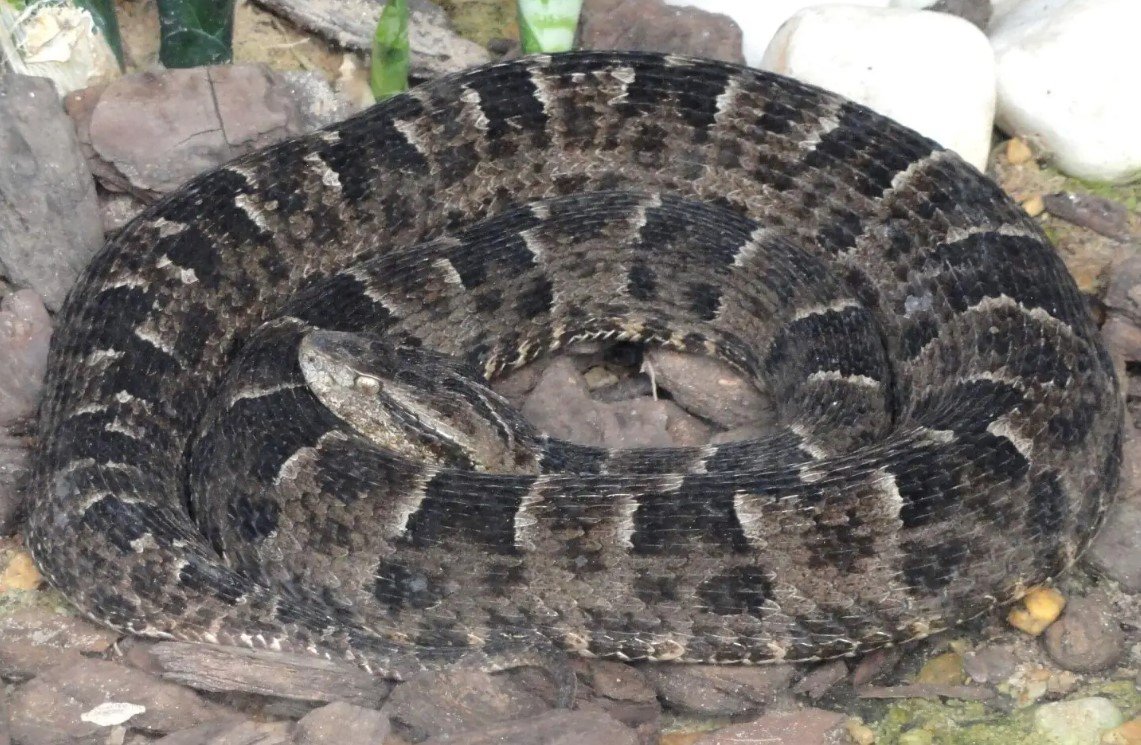In a groundbreaking discovery, scientists have identified heparin, a commonly used blood thinner, as a potential antidote for cobra bites. This revelation could revolutionize the treatment of snakebite victims, particularly in regions where cobras are prevalent. Current antivenom treatments are expensive and often ineffective in preventing the necrosis caused by cobra venom. The new findings suggest that heparin can not only neutralize the venom but also reduce tissue damage, offering a more accessible and cost-effective solution.
Researchers from the University of Sydney and the Liverpool School of Tropical Medicine have made a significant breakthrough in the fight against cobra bites. Using CRISPR gene-editing technology, they identified the human genes that cobra venom targets to cause necrosis. By understanding these mechanisms, the team was able to repurpose heparin as an antidote. Heparin, which is already listed as an essential medicine by the World Health Organization, can bind to the venom and prevent it from causing further damage.

This discovery is particularly important for rural communities in low- and middle-income countries, where access to effective antivenom is limited. The use of heparin could drastically reduce the number of severe injuries and deaths caused by cobra bites. The research team is optimistic that, following successful human trials, heparin could be quickly rolled out as a safe and effective treatment.
The study also highlights the potential of CRISPR technology in identifying new uses for existing drugs. By targeting specific genes, researchers can develop more precise treatments for a variety of conditions. This approach not only speeds up the drug development process but also reduces costs, making treatments more accessible to those in need.
Addressing the Limitations of Current Antivenom
Current antivenom treatments for cobra bites are based on 19th-century technology and have several limitations. They are expensive to produce and often fail to address the necrosis caused by the venom. Necrosis, or the death of body tissue, can lead to severe complications, including amputation. The discovery of heparin as an antidote offers a promising alternative that addresses these shortcomings.
Heparin works by acting as a “decoy” that binds to the venom, preventing it from interacting with human cells. This mechanism not only stops the necrosis but also slows the spread of the venom, improving survival rates. The research team demonstrated the effectiveness of heparin in both human cells and animal models, paving the way for clinical trials.
The cost-effectiveness of heparin is another significant advantage. As a widely available and inexpensive drug, it can be easily distributed to regions where cobra bites are common. This could have a profound impact on public health, particularly in areas with limited healthcare resources. By providing a more affordable treatment option, heparin could save thousands of lives each year.
Future Implications and Research Directions
The discovery of heparin as an antidote for cobra bites opens up new avenues for research and development. Scientists are now exploring the potential of other heparinoid drugs that could be used in a similar manner. These drugs, which share structural similarities with heparin, could offer additional benefits or be more effective in certain cases.
Further research is also needed to understand the long-term effects of using heparin as an antidote. While initial results are promising, comprehensive clinical trials are essential to ensure the safety and efficacy of the treatment. The research team is currently working on securing funding and partnerships to conduct these trials and bring the antidote to market.
The success of this study underscores the importance of international collaboration in scientific research. By pooling resources and expertise, scientists from different countries can tackle complex challenges and develop innovative solutions. The collaboration between the University of Sydney and the Liverpool School of Tropical Medicine serves as a model for future research efforts.
In conclusion, the discovery of heparin as a new antidote for cobra bites represents a major advancement in the field of toxicology. This breakthrough has the potential to save countless lives and improve the quality of care for snakebite victims. As research continues, the scientific community remains hopeful that heparin will soon become a standard treatment for cobra bites worldwide.
















